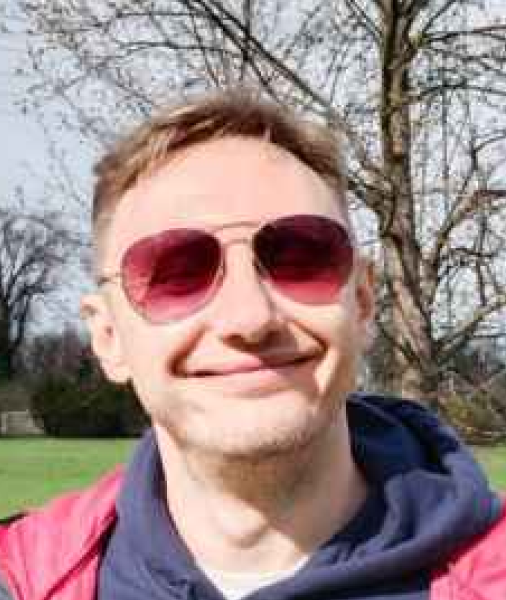International Student Conference
This conference aims to provide a platform for students to present and discuss their research in English Studies, focusing on the role of discourse in language, literature, and cultural representation. Objectives include fostering interdisciplinary conversations, bringing together students and scholars from various English Studies disciplines, and encouraging critical analyses of language impact on societal norms, values, and cultural narratives. To actively encourage student participation and engagement, the conference is offered free of charge.
Contributions are invited that align with but are not limited to the following thematic areas: linguistics (pragmatics, discourse analysis, media linguistics), literary studies (narratives and discourse in literature, postcolonial discourse, critical theory and discourse), cultural studies (discourse and culture, discourse and identity, representation in popular culture), cross-disciplinary approaches (intersections of language, literature, and culture; multimodal discourse analysis).
Speakers

Malachi Black
University of San Diego, USA
Łukasz Grabowski
University of Opole, Poland
Laura Vilkaitė-Lozdienė
Vilnius University, Lithuania
Kotryna Garanasvili
Vilnius University, Lithuania
Adlina Ariffin
International Islamic University Malaysia, Malaysia
Andreas Mahler
Freie Universität Berlin, Germany
Kotryna Garanasvili
Vilnius University, Lithuania
About the workshop presenter
↗️ Kotryna Garanasvili is a writer, translator, and interpreter working with English, Lithuanian, French, German, Russian, and Georgian. She is an Assistant Professor of literature and translation, teaching at Vilnius University (Department of English Philology) and University of East Anglia, where she has received a PhD in literary translation and serves as a member of the BCLT Research Group.
↗️ Kotryna is a mentor as well as a previous mentee of the Emerging Translator Mentorship at the National Centre for Writing and has been awarded traineeships at the EU Council and the European Parliament.
About the workshop How to Translate Dialect
↗️ Writing in dialect is a great challenge for everyone: writers, translators, and readers. It’s one of the most powerful devices in literature, but it also inevitably brings up important political, social and cultural issues. When we come across lines like this when reading a novel: Sit ye down, an’ haud yer whisht, or Juk i tau pačiam reik’ kažkiek da navara gaut’, what do we do? And how do we respond when not only occasional dialogue but the whole novel is written in dialect?Its challenging nature has often led to a widespread belief that dialect is in fact untranslatable, and resulted in many cases where it was standardized, corrected and even erased. This only adds to the precarity of the situation where many dialects are facing a high risk of extinction. How can we deal with these challenges when it comes to translating dialect? Can there be equivalence between dialects in different languages, and what is lost in the process of converting dialect into standard language? At this session, we will look into dialect within the larger context of non-standard language and explore various methods for translating it, illustrated by examples from dialectal literary works, such as Šiauliai Lithuanian in Rimantas Kmita’s Pietinia Kronikas, Scots in Irvine Welsh’s Trainspotting, Swiss German in Pedro Lenz’s Der Goalie bin ig, and their translations.



